|
What would happen if we put nature at the heart of every choice we make? Is it possible that we can Restore Our Home Planet? Take the 10-question quiz below to see just how green your love for Mother Earth is. 1. Do you use recycled toilet paper? Are you wiping your bottom with an ancient tree? The singing bears might be wining advertising awards, but they are failing the grade of sustainability. Many of us are purchasing toilet paper from companies that are denuding our forests. Trees and plants are one of the most important sources of carbon removal from the atmosphere. They also clean the air we breathe, moderate temperatures, provide shade and keep the soil moist and rich in nutrients. Check out the NRDC’s toilet paper report card below. 2. Do you take the stairs? Every button we push is connected to a power source. Imagine how expensive our electric bill would be if we installed an elevator in our home, instead of stairs. If we take the stairs in government buildings, there will be more civic funds for education, planting trees and other endeavors that create a better tomorrow. In many states, fossil fuels are still the primary power source for electricity. Every time we push a button, a coal power plant, or fracking company, or a nuclear power plant is firing up. Using less contributes to a more sustainable world, and it also leaves more money in our budget for things we might enjoy even more. Taking the stairs also promotes physical health. 3. Are you still working from home? In many cities across the developed world, 2020 offered the bluest skies we’ve seen in our lifetime. Carbon emissions were down 7% globally in 2020. The reduction contributed from nobody driving or flying anywhere was profound. During the height of the lockdowns, road transportation was down by half. In December of 2020, aviation travel was still reduced by 40%. If everyone returns to their normal commute, emissions will increase with the population growth. If we embrace working from home and videoconferencing for meetings, we can continue the transportation emissions reductions. 4. Are you purchasing organic food? Protecting our pollinators is key to survival. Many of the pesticides used by conventional farming are harmful to bees and butterflies. Organic food is rich in antioxidants, vitamins and is free of residue that can be unhealthful for humans as well. Just as importantly, however, it contributes to the preservation of the mini beasts that are essential for planetary plant health. 5. Have you done an air test on your home, school and office to see just how energy efficient your dwelling is? When you turn on the cooling in your home are you actually cooling the outside air? Do you have so many leaks that your unit has to stay on constantly in order to keep the inside cool or hot? A well-insulated home, combined with smart choices like curtains in the summer, can save you thousands of dollars every year. Typically, the investment will be minimal, and often it is tax deductible. There are still energy efficiency tax credits available In the United States and many other countries around the world. The money saved at school can be used for the arts, updated technology hardware and software and school gardens. Savings at the office are essential to profitability, which helps you to keep your job and receive raises. Of course, a reduction in fossil fuels and energy usage is a great way to show our love for the planet that nourishes and sustains us. 6. Do you bike or walk for local errands? A lot of people do large shopping trips by car. However, a backpack and a walk to the store can mean that you don’t have to get into a car at all (particularly if you’re working from home). For most people giving up their car adds up to thousands saved annually, when you factor in the car payment, the insurance, vehicle maintenance and gasoline. Foot and pedal power are clean energy that promote heart health. With obesity rates at 1/3 in the U.S., the value of a trend toward walking and biking cannot be overstated (source: CDC). If your city has not yet put in bike lanes, then becoming more active in your community plans will contribute to making your streets friendly to pedestrians and micro mobility. 7. Are you conserving water? Do you live in a desert with green grass in the front lawn? Does your yard reflect the natural habitat? Fresh water is something we all have an interest in preserving. Other ways to conserve water include grey water systems for plant watering. Smart landscaping techniques will keep the soil moist. In rural areas, you might even consider reed beds and other vegetation that offer natural filtration. Mark Nelson, one of the original Biospherians, has a book called The Wastewater Gardener. 8. Are you composting food waste? Up to 40% of food that is purchased is never eaten. Even if you are pretty efficient about buying only what you eat, there are still avocado pits, orange peels, egg shells and coffee grounds. Composting saves energy, protects the climate and returns valuable nutrients to the soil. Food waste can be up to 1/3 of a city’s garbage (source: Seattle.gov). In a landfill, it produces methane, which is harmful to the atmosphere. Many cities already allow composting in the yard bin. Again, if yours doesn’t, then it’s time to become more involved. 9. Do you live by the 7 Rs of sustainability? 10. Is your community powering with clean energy, or are you being deceived by marketing ads? Know the source of your power! Santa Monica, California, powers 100% with clean energy. Poundbury, England, installed their own anaerobic digester, which provides heating for their township and the surrounding community. Meanwhile, 60% of the U.S. power grid is powered by fossil fuels. Some states are greener than others, with California taking the lead at 44% renewable energy. Florida is one of the biggest polluters, with 83% fossil fuels (76% natural gas and 7% coal). Sometimes the utilities will brag that they’ve doubled their solar. In the case of Florida, that would be going from 1.3% to 2.6% solar. Remember that the cleanest energy source is the energy you don’t use, by taking the stairs, riding a bike, insulating your home and working from home. 11. Do your local schools and community have gardens? You can lower the temperature and increase the humidity in a neighborhood that is blighted by concrete by planting trees and gardens. Ron Finley transformed his home in a food desert into his own private Eden. School gardens offer fun ways for kids to learn about science and math, and to experience where their food comes from. It also promotes healthy eating. At the Edible Schoolyard, a garden project begun in 1995 by Alice Waters in Berkeley, California, one of the students told me her favorite snack was kale pesto! 12. Has your community dispensed with plastic bags and straws? In Poundbury, England, the children at Damers First School (with the help of their eco-teacher extraordinaire Edd Moore) wrote to the food distributors asking them to deliver their food without plastic coverings. They then went on to encourage a local shop to offer plastic-free produce. You can dispense your own milk at the shop, in addition to the fresh produce and bulk goods that are available. Individuals took it upon themselves to create Boomerang Bags – reusable cloth bags that anyone can use free of charge. (Many grocers sell canvas bags for a nominal fee.) 13. Are you still using single-use products and containers? Cloth diapers can be swapped out for disposable plastic ones. (They feel better on the baby’s bottom, too.) Diaper services make this easy and mess-free. Opt for drinking your coffee at home, or at cafes that serve in cups rather than disposable paper and plastic. Purchase stackable food storage containers which create more space in your refrigerator (particularly useful now that so many of us are eating at home more). EARTHDAY.ORG has a plastic calculator so that you can add up just how wasteful your habits truly are (or are not). Can you think of things I’ve forgotten? Do you wish to share something you’ve shifted in your own life? Please tag us on social media (links below) using the hashtag #EarthGratitude, so that we can like and reshare. The Earth Gratitude Project Earth Gratitude on YouTube Earth Gratitude on Instagram Earth Gratitude on Twitter Earth Gratitude on Facebook Please share this quiz with your community. Together, we can be the change we wish to see. Final Thoughts on: Financial Independence. Sustainability Independence. What is the true value of money, if not to offer us greater freedom to live the life of our dreams? What is the true value of life? Plants, animals, trees, rivers, oceans and mountains offer us our sustenance, but also joy and adventure. Everything is intertwined in a divine and sacred braid. There is not wealth without freedom. There is no life without biodiversity. They haven’t done a great job of preserving wealth and life for us. We must believe, achieve and create for ourselves. If we do this on a planetary scale, our climate anxiety can be exchanged for the hope of restoring our home planet for our children and grandchildren. This is worth taking a look at our habits and making our love for our planetary home more apparent. The blessings will be many and unexpected, and will include more money in your budget for the things you truly cherish and love doing, rather than the multitude of quite unsustainable traps that we’ve fallen collectively into. If you'd like to learn how to put your money where your heart is, and make sure that you're not profiting from polluters, then join me for our 3-day Investor Educational Retreat. If you don't know what you own in your 401k, IRA, insurance and pension, chances are quite high that you invest in the same companies that are destroying our planet. Wisdom is the cure. It's time to become the boss of your money. 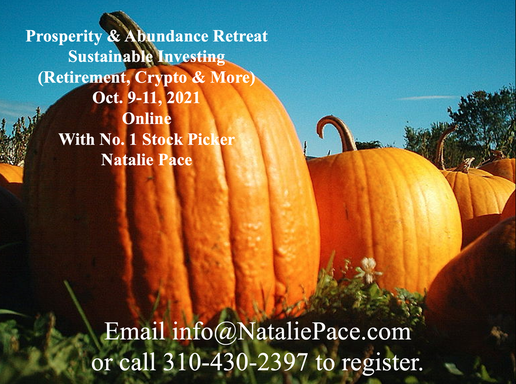 Natalie Pace Financial Empowerment Retreat. Oct. 9-11, 2021. Call 310-430-2397 or email [email protected] to learn more. Families and friends registering together receive the best price. Click for testimonials & details. Other Blogs of Interest S&P500 Hits a New High. GDP Should be 7% in 2021! 2021 Financial Freedom Sweepstakes Will Work-From-Home and EVs Destroy the Oil Industry? Insurance and Hedge Funds are at Risk and Over-Leveraged. Office Buildings are Still Ghost Towns. Money Market Funds, FDIC, SIPC: Are Any of Them Safe? My 24-Year-Old is Itching to Buy a Condo. Should I Help Him? Will Cannabis be Decriminalized This Summer? The 12-Step Guide to Successful Investing. Gardeners Creating Sanctuary & Solutions in Food Deserts. 2021 Company of the Year Almost 5 Million Americans are Behind on Rent & Mortgage. Real Estate Hits All-Time High. Beyond Meat, Oatly & The Very Good Food Co. Is Cryptocurrency the New Gold? Rebalancing Your Nest Egg IQ Test. Answers to the Rebalancing Your Nest Egg IQ Test. Tesla & Nio Will Report Spectacular Earnings. The Coinbase IPO. Restore Our Earth on April 22nd (and Every Earth Day). Should You Sell in May and Go Away? Adding Shoot the Moon Performance to Your Nest Egg. Videoconferencing in a Post-Pandemic World (featuring Zoom & Teladoc). Sanctuary Sandwich Home. Multigenerational Housing. Interview with Lawrence Yun, the chief economist of the National Association of Realtors. 10 Budget Leaks That Cost $10,000 or More Each Year. The Stimulus Check. Party Like It's 1999. Kushner's Times Square Building Plunges 80% in Value. Will There be a Spring Rally? Cannabis and the Road to Decriminalization in the U.S. Hot ETFs Return Up to 50% Since October. Investor IQ Test 2021. Investor IQ Test Answers Shoot the Moon Stock Picks 2021 Crystal Ball. Would You Pay $50 for a Cafe Latte? Is Your Tesla Stock Overpriced? Can Medmen Avoid Bankruptcy? Bitcoin is Back, Baby! Real Estate Prices are Going Up. And Down. Cannabis is Decriminalized. Stocks Triple. Thanksgiving in a Pandemic. The Sustainability Silver Lining. Money Stress Killed My Friend Real Estate and Housing 2021. Challenges & Opportunities Real Estate in a Pandemic. Interview with Mike Fratantoni, the Chief Economist of the Mortgage Bankers Association. Bonds are Illiquid & Negative-Yielding. Annual Rebalancing is a Buy Low, Sell High Plan on Auto-Pilot. Is Your Bank a Junk Bond Put Your Money Where Your Heart Is. Schwab's Chief Fixed Income Strategist on What's Safe. China's Tesla (Nio). 2Q Sales Soar. Why Are You Still Renting? (Errr. There is More Than This to Consider!) Wealth Myths That Keep You Poor. Prosperity Truths That Make You Rich. Technology and Silver are Golden. Real Estate: Feeling Equity Rich? Make Sure That Feeling Isn't Fleeting. Airline Revenue Plunges 86%. 10 Questions for College Success. Is FDIC-Insured Cash at Risk of a Bank Bail-in Plan? 8 Money Myths, Money Pits, Scams and Conspiracy Theories. Why Are My Bonds Losing Money? The Bank Bail-in Plan on Your Dime. Important Disclaimers Please note: Natalie Pace does not act or operate like a broker. She reports on financial news, and is one of the most trusted sources of financial literacy, education and forensic analysis in the world. Natalie Pace educates and informs individual investors to give investors a competitive edge in their personal decision-making. Any publicly traded companies or funds mentioned by Natalie Pace are not intended to be buy or sell recommendations. ALWAYS do your research and consult an experienced, reputable financial professional before buying or selling any security, and consider your long-term goals and strategies. Investors should NOT be all in on any asset class or individual stocks. Your retirement plan should reflect a diversified strategy, which has been designed with the assistance of a financial professional who is familiar with your goals, risk tolerance, tax needs and more. The "trading" portion of your portfolio should be a very small part of your investment strategy, and the amount of money you invest into individual companies should never be greater than your experience, wisdom, knowledge and patience. Information has been obtained from sources believed to be reliable. However, NataliePace.com does not warrant its completeness or accuracy. Opinions constitute our judgment as of the date of this publication and are subject to change without notice. This material is not intended as an offer or solicitation for the purchase or sale of any financial instrument. Securities, financial instruments or strategies mentioned herein may not be suitable for all investors. 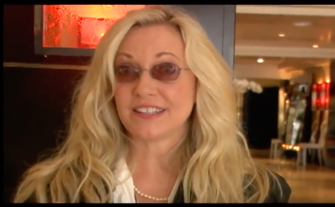 About Natalie Pace Natalie Wynne Pace is an Advocate for Sustainability, Financial Literacy & Women's Empowerment. She has been ranked as a No. 1 stock picker, above over 835 A-list pundits, by an independent tracking agency (TipsTraders). The ABCs of Money remained at or near the #1 Investing Basics e-book on Amazon for over 3 years (in its vertical), with over 120,000 downloads and a mean 5-star ranking. The 4th edition of The ABCs of Money was released on October 17, 2020. Natalie Pace's easy as a pie chart nest egg strategies earned gains in the last two recessions and have outperformed the bull markets in between. That is why her Investor Educational Retreats, books and private coaching are enthusiastically recommended by Nobel Prize winning economist Gary S. Becker, TD AMERITRADE chairman Joe Moglia, Kay Koplovitz and many Main Street investors who have transformed their lives using her Thrive Budget and investing strategies. Click to view a video testimonial from Nilo Bolden. Comments are closed.
|
AuthorNatalie Pace is the co-creator of the Earth Gratitude Project and the author of The Power of 8 Billion: It's Up to Us, The ABCs of Money, The ABCs of Money for College, The Gratitude Game and Put Your Money Where Your Heart Is. She is a repeat guest & speaker on national news shows and stages. She has been ranked the No. 1 stock picker, above over 830 A-list pundits, by an independent tracking agency, and has been saving homes and nest eggs since 1999. Archives
July 2024
Categories |






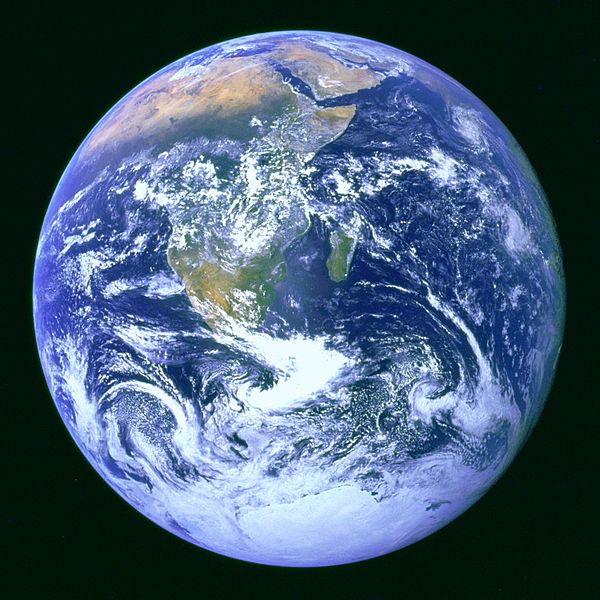
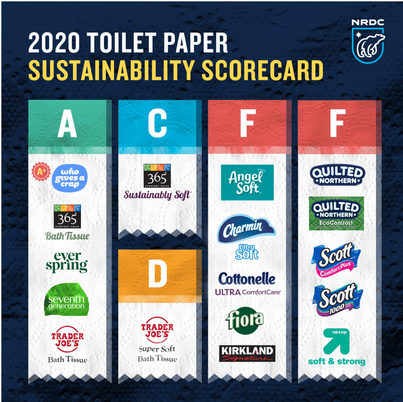
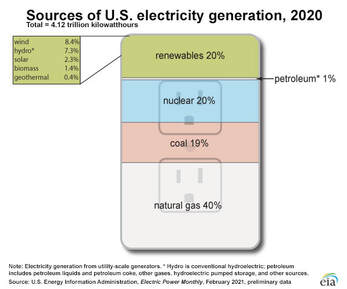
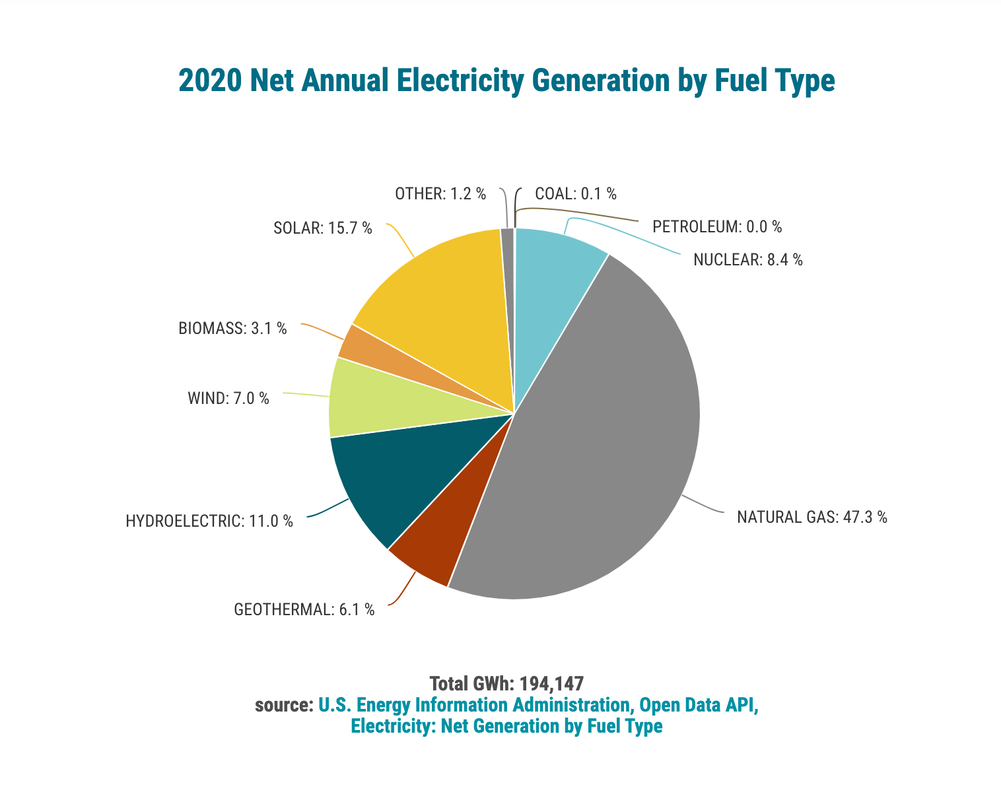
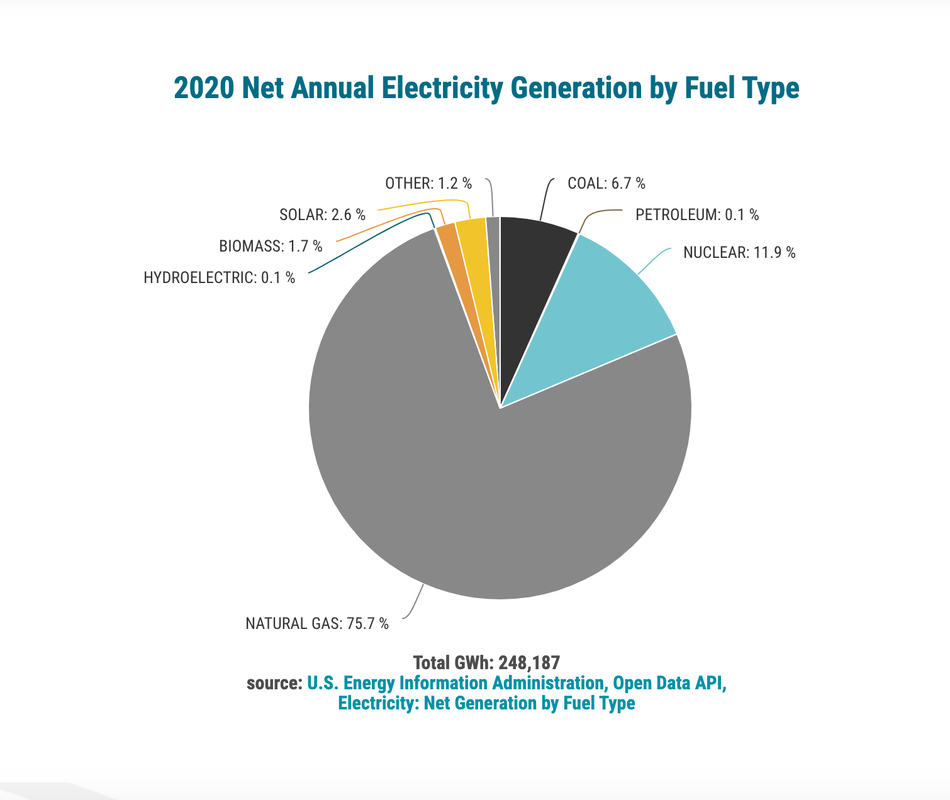
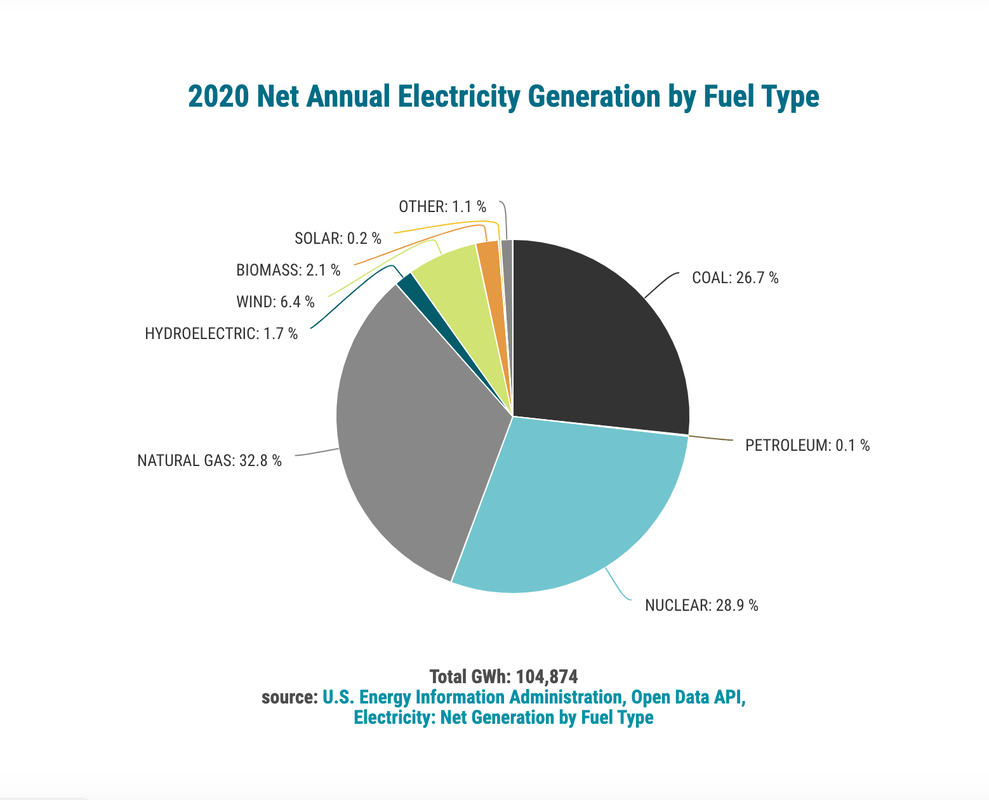
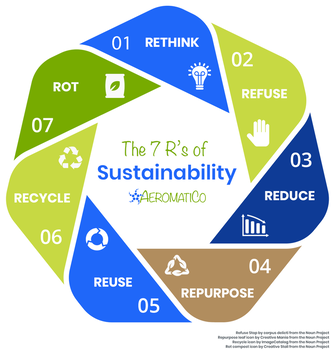
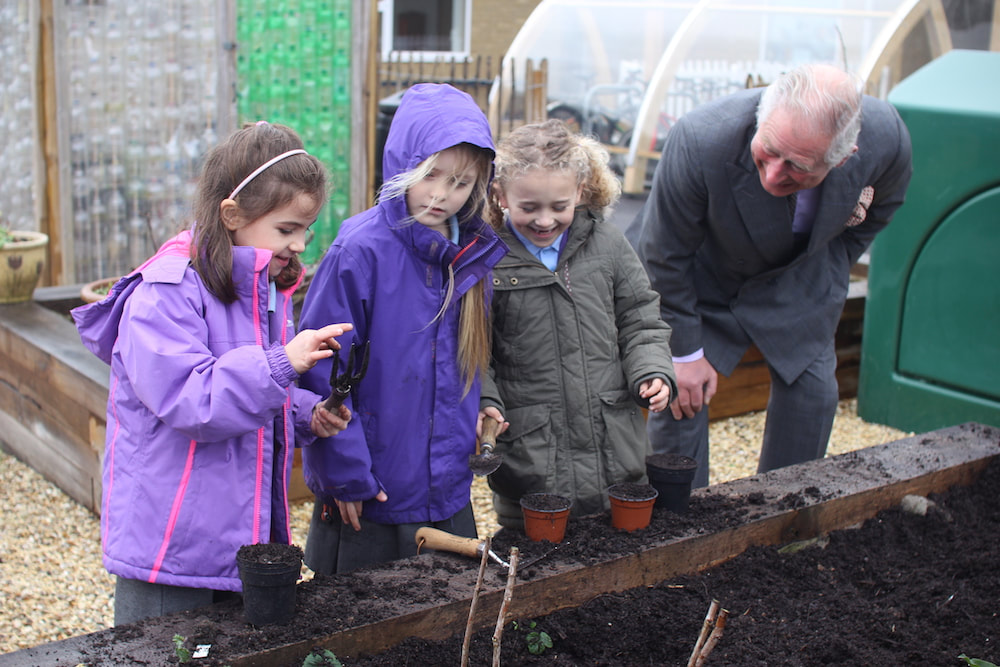
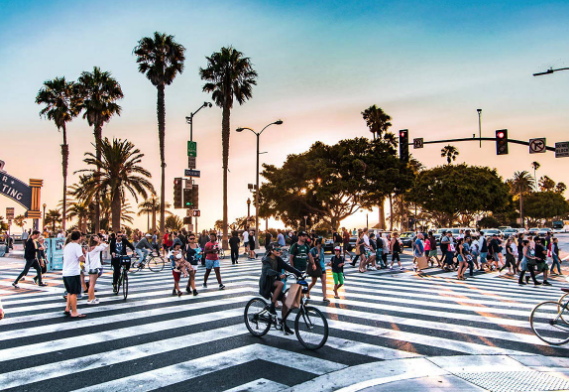
 RSS Feed
RSS Feed